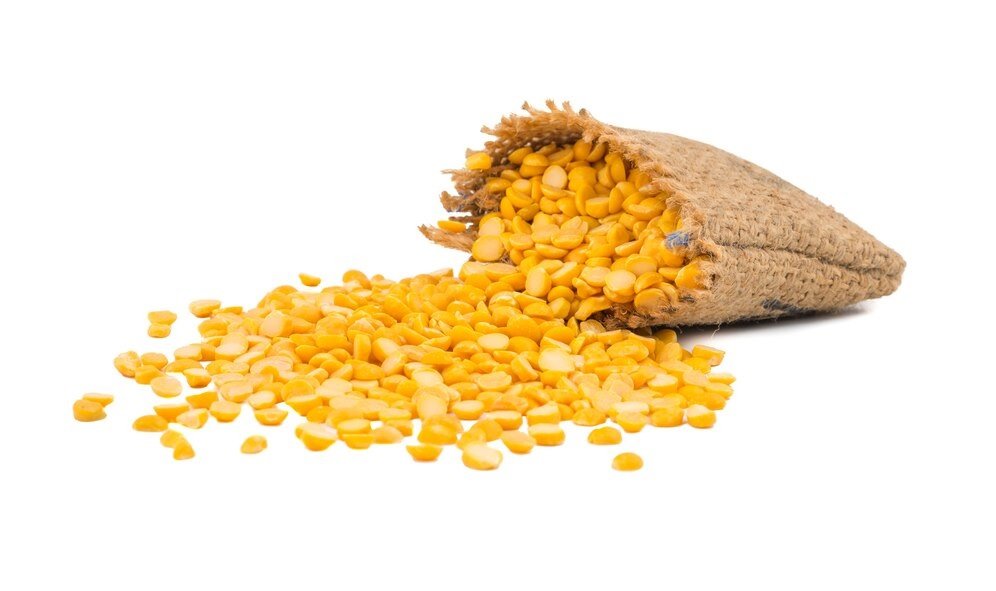Prices of Tuvar and its dal are very weak in major producing areas
24-Jun-2025 02:03 PM

Kalaburgi. The prices of Tuvar dal have declined sharply in major producing and trading centres such as Kalaburgi in Karnataka and Latur in Maharashtra.
The fall is attributed to continued duty-free imports of Tuvar and yellow peas, coupled with weak domestic demand. As a result, Tuvar dal prices have fallen below Rs. 100 per kg, marking the lowest level in the past three years. While this brings some relief to consumers, it has dampened farmers' interest in cultivating the crop.
Trade analysts say the availability of cheaper imported Tuvar and yellow peas is exerting significant pressure on domestic prices. A sharp recovery in prices in the near term appears unlikely.
A leading processor and trader from Latur reports that the price of average-quality Tuvar dal has dropped to Rs. 89–90 per kg, while premium-quality varieties are priced at Rs. 104–105 per kg.
These prices are nearly 50 percent lower than those seen during the same period last year and are the lowest since 2022.
In 2023 and 2024, Tuvar dal prices had surged due to domestic production falling short of demand. This led the government to promote imports of pulses, including Tuvar. Currently, imports of Tuvar, Urad, and yellow peas are duty-free until 31 March 2026, while a nominal 10 percent duty applies to desi chana and masoor.
During the 2024–25 financial year, India imported 12.23 lakh tonnes of Tuvar, a 59 percent increase from 7.71 lakh tonnes in 2023–24. The high import volume has led to stable supply and adequate availability in the market, keeping prices subdued.
Market sentiment remains weak. Some improvement may be seen during the festive season when demand typically increases.
Meanwhile, the sowing of pigeon pea (Tuvar) has begun across the country, and farmers have gradually started releasing their old stock. The arrival of the new crop is expected between December and January.
